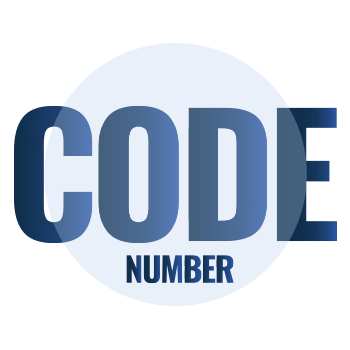Innovative elearning methods and Virtual Reality in the company
The project involves the creation of an innovative corporate training platform, based on e-learning systems capable of integrating with training courses created in Virtual Reality (VR). The aim is to offer the user an innovative and stimulating learning environment in which digital educational contents are combined with objects or tools that show real-life situations. This new platform allows manufacturing companies to experiment with new ways of corporate training, allowing the creation of immersive environments for learning the business processes related to the use of machines and equipment. Thus, it allows employees to simulate both the simplest operations, such as assembling the machine’s components, and the more complex ones, which involve potential critical issues in the production process. Through some devices (smartphones or tablets, viewers and 3D glasses) it is possible to guide the worker within an environment that perfectly recreates the reality. The advantages are in terms of worker safety, as it enables to learn dangerous operations at zero risk to health, and in terms of company costs, as it eliminates the costs related to human errors typical of inexperienced workers.
Two JO Group companies participate in this project: HT is responsible for creation of elearning courses, PMF is responsible for the technical development of the platform, with the company Sfera Srl for the implementation of the communication and synchronization system between courses and the platform..
In the MINERVA project, the NGSI-LD standard, defined by ETSI, is used to capture and correlate data from 3D modules to a ‘neutral’ format. This project is entirely based on a cloud approach and utilizes a cluster of virtualized resources managed by Docker. Specifically, the exchange module can convert data represented in NGSI-LD into xAPI and SCORM formats, facilitating compatibility with e-learning platforms. This approach offers significant advantages, including data preservation in a more expressive format. Furthermore, it ensures full support for e-learning platforms that are not interested in migrating to NGSI-LD, while allowing sophisticated data queries through the rich Query Language provided by NGSI-LD APIs.










